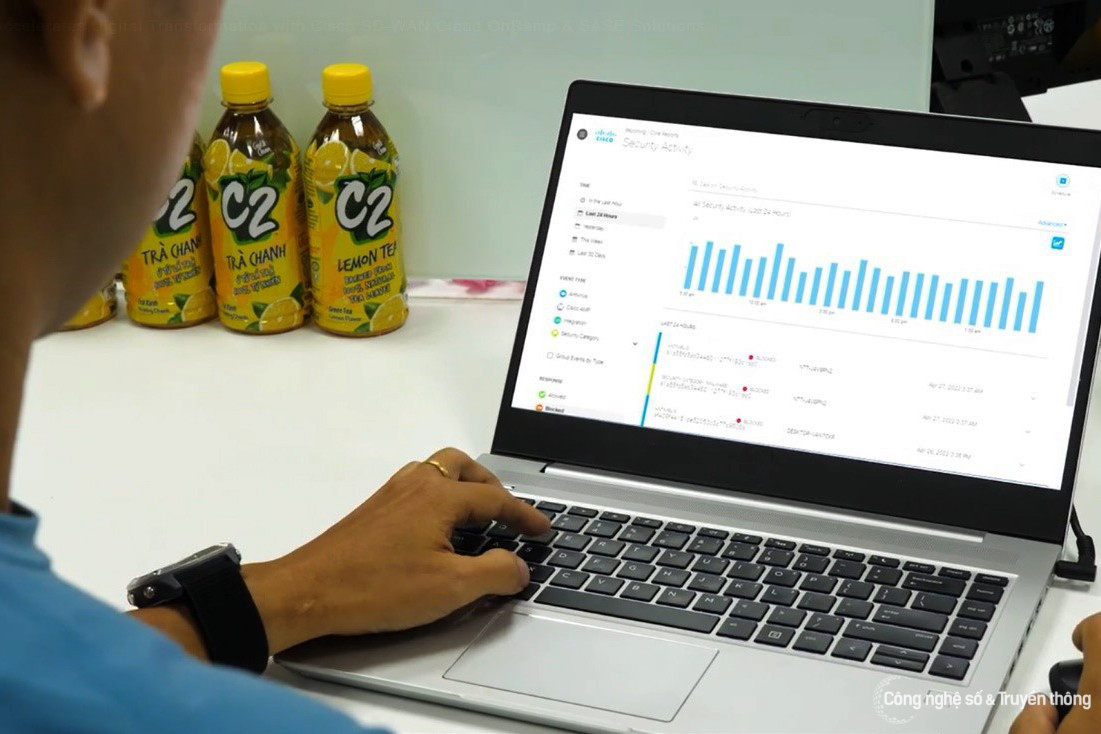
This was the conclusion of a newly released annual 2022 enterprises’ digital transformation annual report. The survey was implemented by the Enterprise Development Agency (EDA), an arm of the Ministry of Planning and Investment (MPI), in cooperation with LinkSME, a project on promoting reform and improving connectivity for small and medium enterprises (SMEs).
The survey showed that Vietnamese enterprises are in the digitization stage, applying new technologies and software to implement digital transformation.
However, many of them still cannot reach their goals and have stopped the use of technologies and software, while others are still applying the solutions, but are facing difficulties.
More than 48 percent of enterprises carried out digital transformation, but they stopped the process because the solutions were unsuitable, or they no longer have demand. The reasons were the lack of personnel for the implementation. They also could not exactly define digital transformation goals and strategies.
Only 2.2 percent of enterprises can master technology and management software to analyze data and make production and business decisions.
In Vietnam, enterprises mostly apply digital solutions to operations that directly affect revenue, such as the distribution network, marketing, and sales and customer care.
Selling goods online has become more popular thanks to the support and active participation of many online platforms and social networks.
Accountancy is the segment where the digital transformation level is the highest, with 40 percent of enterprises using digital technology at high levels and frequencies.
According to EDA, many enterprises have digitized data and standardized the procedures, moving towards digital transformation on a large scale and more synchronized manner.
However, applications in enterprises, especially SMEs, remain fragmented due to the lack of clear targets and plans. This is why investment in digital transformation still cannot bring the desired effects.
As much as 20 percent of Vietnamese enterprises do not allocate budgets for digital transformation. Lacking money for digital transformation is a common challenge in Vietnam.
Another barrier to digital transformation is the workforce. About 56.3 percent of surveyed enterprises have less than 3 officers in charge of planning digital transformation programs and 43.7 percent of enterprises have less than 3 IT workers.
The survey found that the fields with high level of readiness for digital transformation are those having direct relations with customers, such as agriculture, forestry, seafood; processing and manufacturing industry, wholesale and retail; vehicle repair, accommodation and food & beverage, and construction.
Orientation and strategy; personnel and organization; customer’s experience and sales have the highest levels of readiness for digital transformation.
Trong Dat